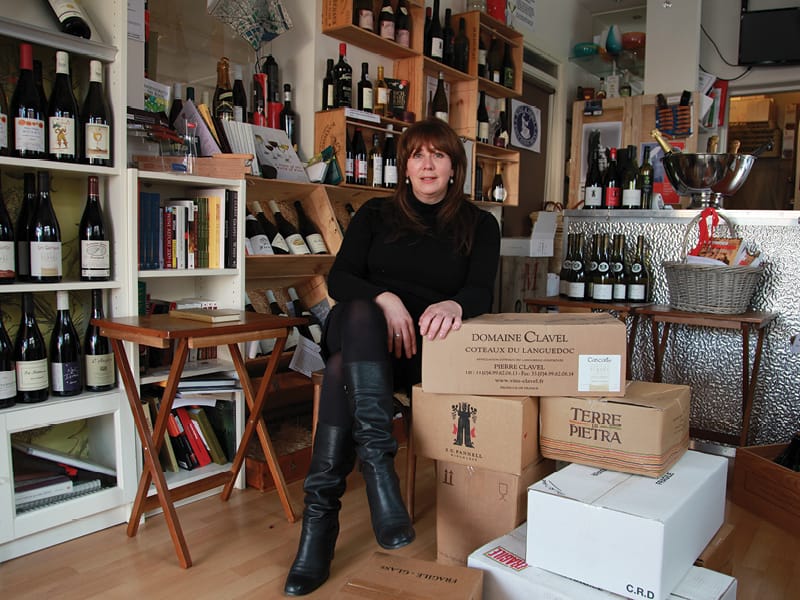
A taste-heavy wine course for enthusiasts from all walks of life.
It’s Monday night. A bunch of students (me included) huddle around a table at Adelaide’s East End Cellars, pens in hand, eyes and ears fixed on their teacher. In their hands they hold a wine glass, the contents of which they swirl, twirl, sniff and taste. This is no ordinary night school – it’s a wine school. Tasting skills are a major component of the WSET 2 course. Five to eight wines are tasted at each session. To be honest, I was intimidated ahead of the first class. Don’t get me wrong, I love my wine and drink enough of it, but explaining what I’m tasting is another thing. Will I sound like a knob?
“It definitely builds confidence,” teacher Gill Gordon-Smith says. “While it was originally designed as a professional qualification, I have 50 percent of people in the class who are just interested in wine. Consumers are becoming more and more educated, they’re travelling more and you don’t want to look stupid when you’re in France and looking at a sea of labels in front of you.”
Exactly. It’s easy enough to feel daft on home soil, let alone across the pond.
Gill says WSET is a stepping off point “It was originally set up for the wine trade but it’s grown into far more than that. About 70,000 people across the world are doing their WSET accreditation at any one time.”
That’s a lot of bodies. Our motley crew includes hospitality folk, bar managers, restaurant managers, wine and spirit makers, a journo (me), and a wine photographer.
“I get everyone from professionals (winemakers, viticulturists, cellar door staff, and people who work in retail) all wanting to increase their knowledge of international wines because we are fairly inwardly focused in Australia. It’s really important for us to benchmark our wines against the rest of the world. It’s also a qualification widely accepted around the world. Whether you’re in France, Japan or Australia, people know what WSET is.”
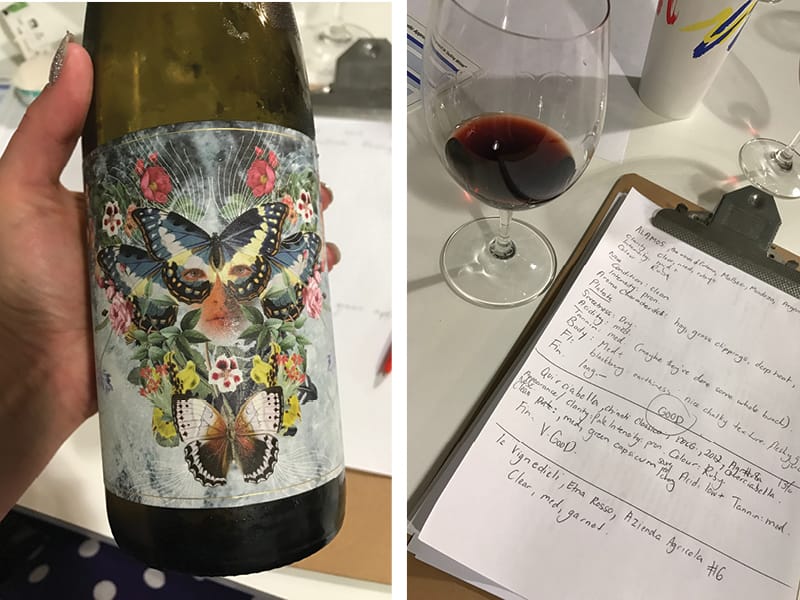
The Wine & Spirit Education Trust (WSET) provides globally recognised education and qualifications in wines, spirits and sake. Fall From Grace winemaker and Level 3 certified educator and advanced assessor Gill has been teaching WSET since 2009. She’s one of many accredited teachers worldwide and knows her stuff. At the end of our course, assessment is by a closed-book exam of 50 multiple-choice questions. She hasn’t had a student fail yet. The pressure is on.
“The reason I wanted to teach WSET is because I did mine many years ago and it equipped me with some really good skills,” she says. “It’s not the be all and end all, it’s just really good knowledge to build on. I loved the fact that it was a professional qualification that was really firmly focused on tasting when a lot of qualifications are very specifically talking about viticulture and winemaking rather than tasting.”
Over a couple of months, we’ll learn how wine is made, what factors influence wine style, key white and black grape varieties, their characteristics, important wine-producing regions of the world in which these grapes are grown, the production of sparkling, sweet and fortified wines, label terminology, food and wine pairing principles, and the principal categories of spirits and liqueurs, and how they are made. We’re also learning how to describe wine using the WSET Level 2 Systematic Approach to Tasting Wine.
After 28 hours of study (including 16 hours of classroom delivery time) we’ll have an internationally accredited qualification. If we pass, that is. The lessons are a lot of fun but I’m terrified. We’re in good hands, though. Gill is also a certified specialist of wine through Society of Wine Educators and a French and Italian wine scholar.
“I didn’t start off in the trade, I started off because I had an interest as a consumer (though I did live in a wine district) and found it fantastic for giving people confidence. That’s what it’s all about. People develop confidence in tasting and describing wines and it also exposes you to a really broad range of labels so when you go out and you’re looking for a wine or want to choose a wine you’ve got a really good basis to start from.”
She’s right. As the weeks roll on, confidence builds. I look at wine differently. Is it clear, pale, yellow? Clear, medium garnet? What’s that on the nose? How would you describe that flavour? How’s the acidity? Any tannins coming through?
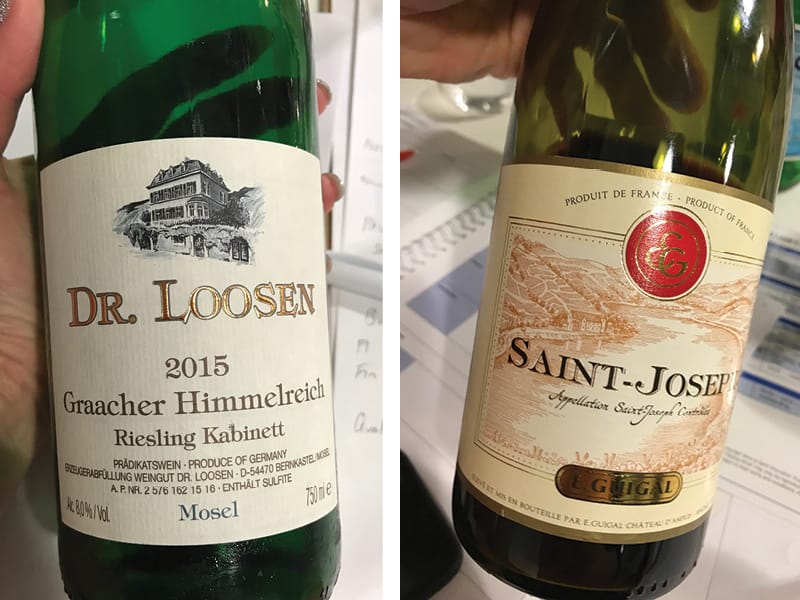
Bit by bit, tasting by tasting, question by question, we learn. We try some cracking wines, too. And some disappointing ones. Discussion about balance is indepth. I start to analyse what’s in my glass when I’m out for dinner. All in the name of practice.
“Sorry for being a bit of a wanker,” I say to the waiter. “I’m studying WSET.” Wouldn’t you know it, a couple of years ago he did, too.
Gill has taught WSET courses all over the globe. Her former students are everywhere. She loves watching them grow.
“When you’re teaching, you see lights go on all the time,” she says. “I think as a wine nation, we’re pretty sophisticated. The more you know about wine, the less you know and it’s about joining those dots. So when we’re talking about malolactic fermentation – you’ve heard the term, it’s been put out there, you sort of know what it’s about but once you know what happens in the glass when that happens – things go bang, bang, bang. The dots are joined.”
It is by no means the only wine course out there, but for someone who tastes a lot but doesn’t necessarily want to make wine, it’s a good place to start.
“I think it’s one of the qualifications that, if you’re interested in wine, you should get. The Negociants Working With Wine is amazing but very trade focused. Anybody is welcome to do [this].”
In 2016, 120 Chinese students took part, all of whom are studying viticulture and oenology at Adelaide University. “What they learn at university is fantastic but this is really focused on tasting. It gives them a good chance, if they’re doing Level 3, to really delve into the wines of the world and fill in the blanks they might need.”
As for my own blanks and results in the impending exam – time and study will tell. At the very least, I now know my way around foreign labels. The international insight is priceless. It’s enough to make a girl want to board the next plane to France.
“Australia is only a small part of the wine world,” Gill says. “We’ve got some amazing courses run by Wine Australia and other educational courses that focus on Australian wines. What I find [WSET] does is, it helps you benchmark why McLaren Vale grenache is so good or why we make great shiraz. You need something to benchmark it against. I think it makes us more sophisticated because it’s a global world out there. If we’re trying to sell wines overseas, we need to know what we’re talking about.”


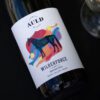

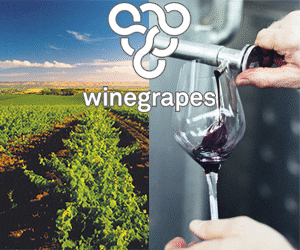

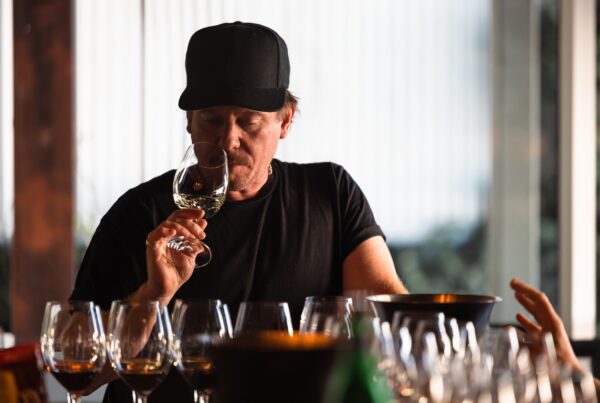
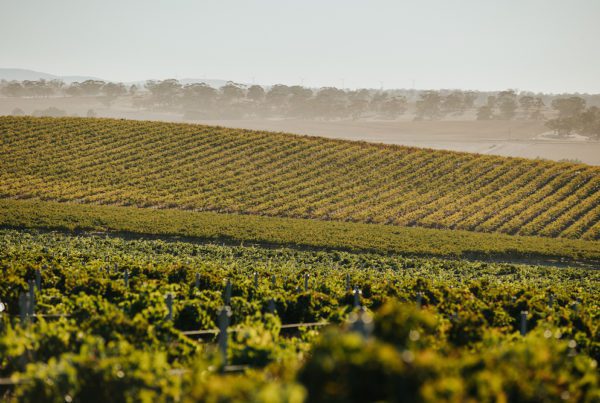

Recent Comments